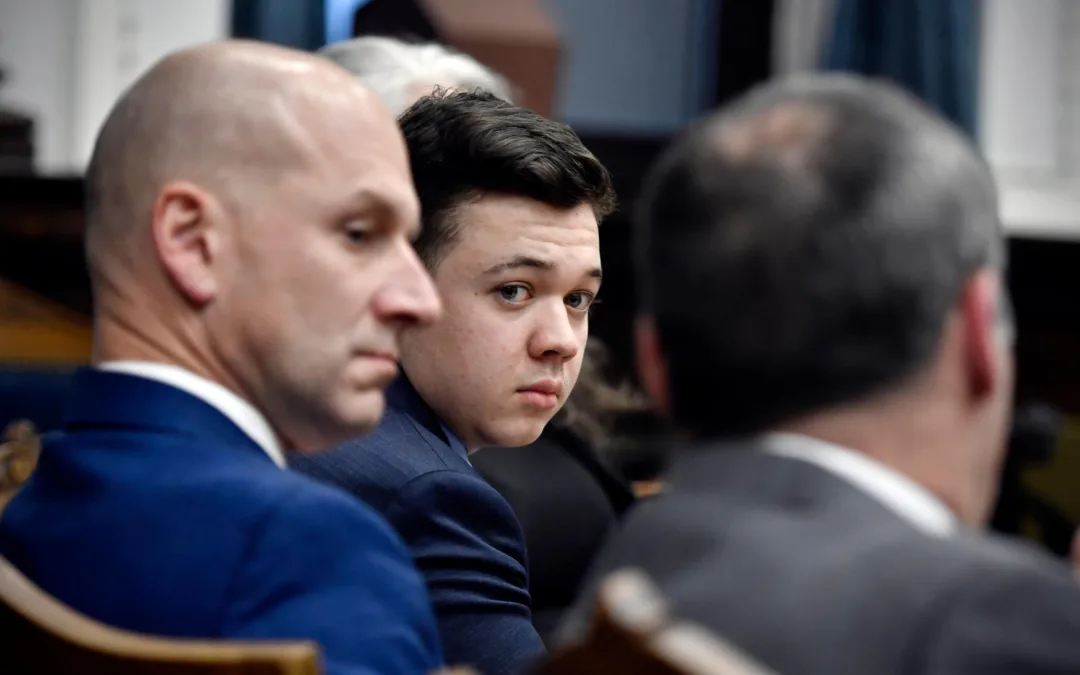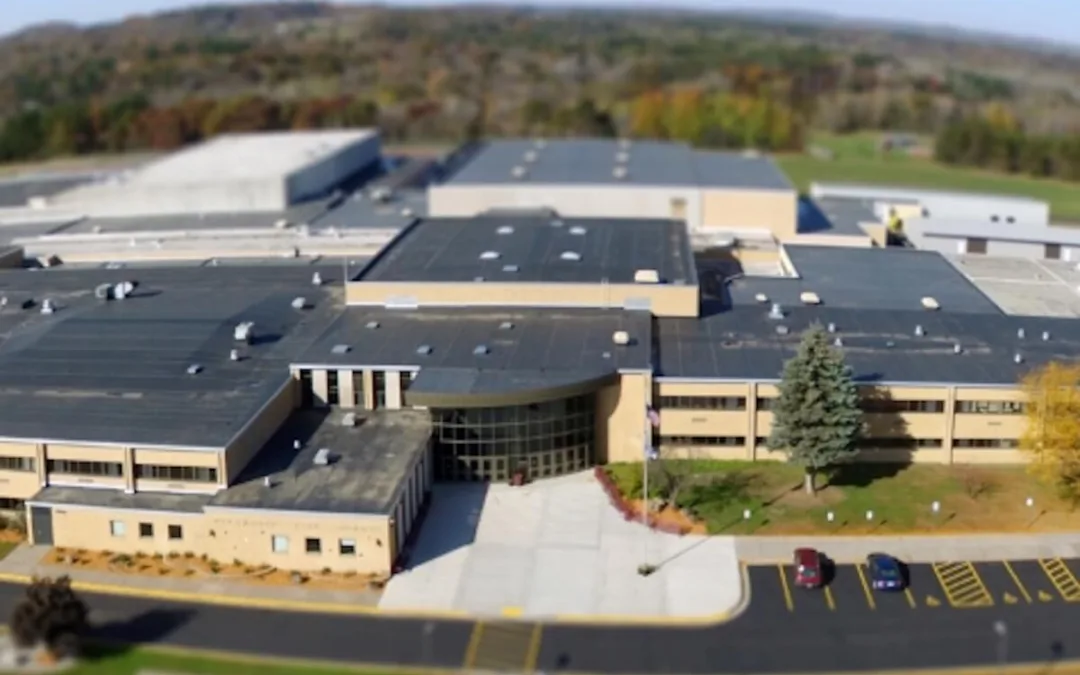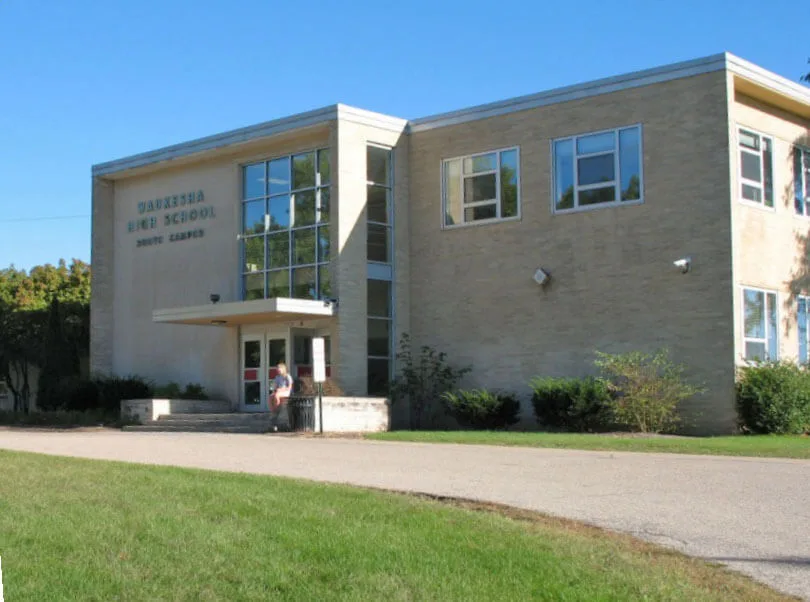
#image_title
#image_title
Petition requests more diversity in hiring, literature, books chosen.
When Erik Franze and Guillermo Contreras grew up in Waukesha and attended Waukesha South High School, they had no idea how much their perception of the world around them differed from reality.
Contreras went on to attend art school in New York City after graduating from South High School in 2014, and Franze attended the University of Wisconsin-Madison after graduating two years later. It was only then, they said, that they began learning more about experiences of people of color and being instructed by nonwhite teachers.
Now Contreras and Franze are part of a small group of Waukesha School District alumni who are trying to make the district more diverse and equitable for future students who may not be aware of the sometimes harsh disparities that people of color face in the world.
The group wrote a letter demanding more diversity and equity in the school board, school staff, and curriculum; redirecting school resource officer funding to counselors and psychologists; and greater support for Black students in the wake of the police killing of George Floyd, an unarmed Black man in Minneapolis.
“There was a lack of acknowledgement of that growing up and in high school,” Contreras said. “…A lot of us had to do a lot of catching up after high school, and it didn’t really seem like the school district really had any incentive to change that.”
Much to Contreras’ and Franze’s surprise, the letter took off. More than 1,100 current and former Waukesha School District students had signed it as of Monday, just three days after they opened it up for signatures.
Contreras said it is heartening to see that current students have added their names, a sign that more and more people are recognizing the failings of white-centric education. Schools have historically focused on white authors, scientists, and thinkers, which can give young minds the impression that those are the only valuable voices in society.
“The access to different voices in education is important for everyone,” Franze said. “It’s especially important for students of color so they see themselves represented, but I think it’s also important for white students so they see other representations that are possible. Without that, it leads to a lack of empathy, and I think it can lead to people saying stuff like ‘All Lives Matter.’”
That trap is all too easy to fall into. Contreras, who is of Mexican descent, said he began to unlearn that way of thought when he got to college and began studying diverse theatre.
“I started thinking back about how everyone that I had every idolized was primarily white, was primarily a man,” he said. “It all came down to the books you’re reading in English and the things that teachers are presenting to you as worthy pieces of art.”
Waukesha is overwhelmingly white, with people of color making up just over 21 percent of the city’s population and less than 12 percent of the county’s. About 64 percent of the 12,000 students in Waukesha’s public schools are white, eight of nine School Board members are, and district leadership is likewise white-dominated.
“Growing up as a white boy in the Waukesha School District, a lot of other students looked like me,” Franze said. “Actually, almost all the teachers looked like me, or at least were white, so it was never a challenge until college to really even consider beyond passing conversations … diverse perspectives.”
The School District issued a statement on June 8 condemning Floyd’s death and acknowledging racism within the community, but it did not offer any specific actions the district would take to support Black students.
Contreras and Franze said the statement was well-intentioned but fell short of how effective it could have been.
“It does very little to actually articulate any explicit steps of action,” Contreras said. “At this point I don’t think there’s really any excuse to play at some type of pretend, or some type of political correctness. It’s actually just action or inaction.”
Politics
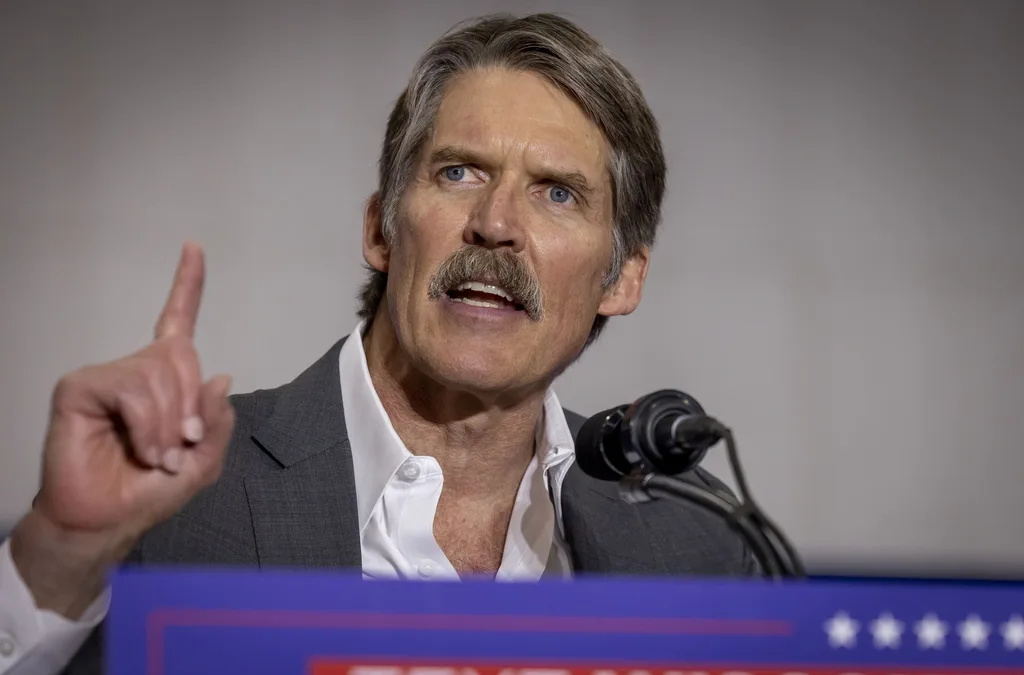
Eric Hovde’s company exposed workers to dangerous chemicals, OSHA reports say
A Madison-based real estate company run by Wisconsin US Senate candidate Eric Hovde settled with the Occupational Safety and Health Administration...
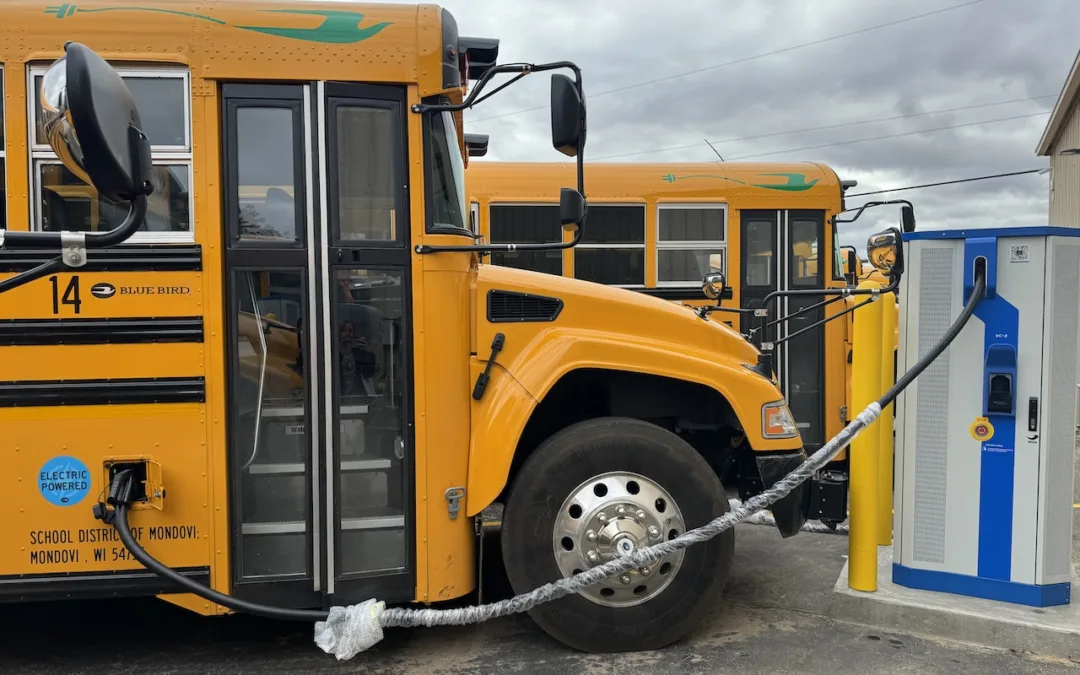
Plugged in: How one Wisconsin school bus driver likes his new electric bus
Electric school buses are gradually being rolled out across the state. They’re still big and yellow, but they’re not loud and don’t smell like...
Local News

Stop and smell these native Wisconsin flowers this Earth Day
Spring has sprung — and here in Wisconsin, the signs are everywhere! From warmer weather and longer days to birds returning to your backyard trees....

Your guide to the 2024 Blue Ox Music Festival in Eau Claire
Eau Claire and art go hand in hand. The city is home to a multitude of sculptures, murals, and music events — including several annual showcases,...



